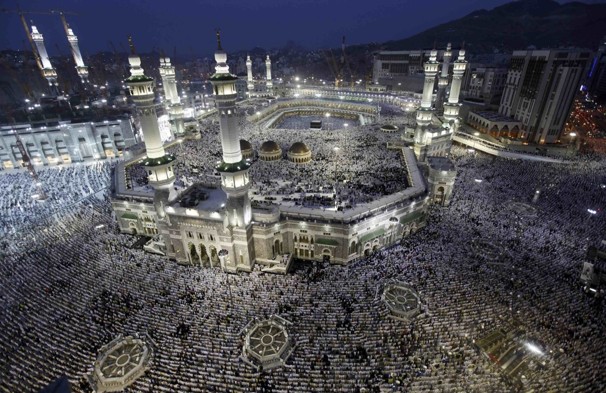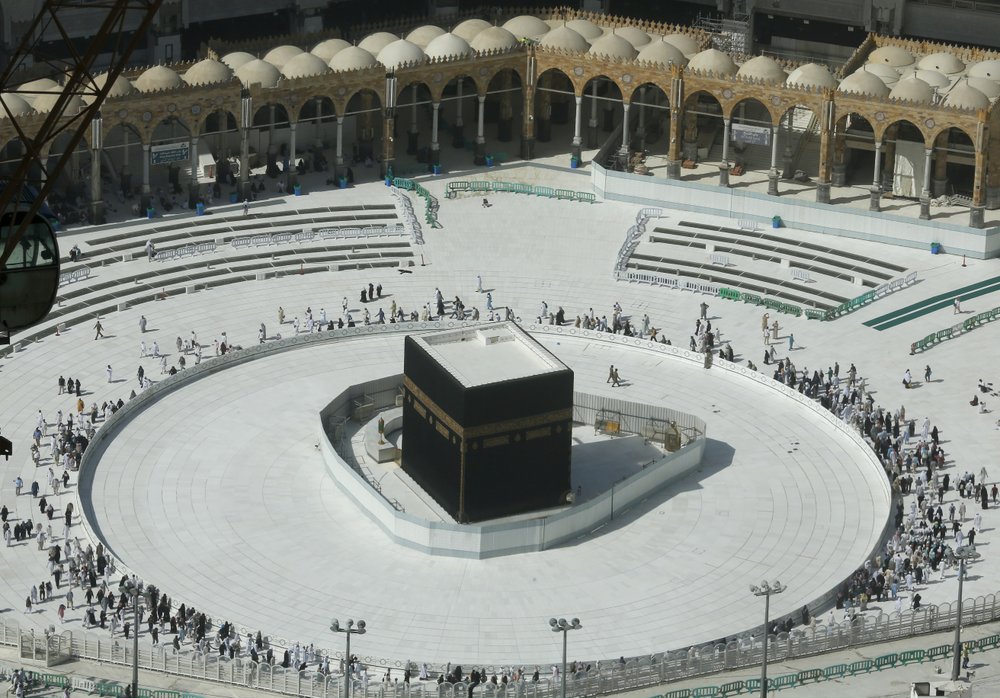
Iran said on Sunday its pilgrims would not attend the annual Muslim hajj pilgrimage, blaming regional rival Saudi Arabia for "sabotage" and failing to guarantee the safety of pilgrims.
Saudi Arabia, which oversees the pilgrimage to Mecca by more than two million Muslims from around the world, accused Iran of effectively depriving its citizens from the religious duty by refusing to sign a memorandum reached after talks with Iran's Hajj and Pilgrimage Organization.
Relations between the two Gulf powers plummeted after hundreds of Iranians died in a crush in last year's hajj and after Riyadh broke diplomatic ties when its Tehran embassy was stormed in January over the Saudi execution of a Shi'ite cleric.
The dispute has provided another arena for discord between the conservative Sunni Muslim monarchy of Saudi Arabia and the revolutionary Shi'ite republic of Iran, which back opposing sides in Syria and other conflicts across the region.
"Due to ongoing sabotage by the Saudi government, it is hereby announced that … Iran's pilgrims have been denied the privilege to attend the hajj this year, and responsibility for this rests with the government of Saudi Arabia," Iran's Hajj and Pilgrimage Organization said in a statement carried by state media.
Saudi media earlier said an Iranian delegation had left the kingdom without an agreement over the hajj, the second time the two countries have failed to reach a deal.
Saudi Arabia has blamed Iran for the impasse.
"Saudi Arabia does not prevent anyone from performing the religious duty," Saudi Foreign Minister Adel al-Jubeir said at a news conference with visiting British Foreign Secretary Philip Hammond.
"Iran refused to sign the memorandum and was practically demanding the right to hold demonstrations and to have other advantages … that would create chaos during hajj, which is not acceptable," he added.
Iranian Culture Minister Ali Jannati said the issue of ensuring the safety of the pilgrims was paramount for Tehran following the death of hundreds of Iranian pilgrims last year.
"The Saudi government deliberately acted in a way to prevent Iranian pilgrims from … attending hajj this year," Jannati told Iran state television.
Eight months after the last hajj, Saudi Arabia has still not published a report into the disaster, at which it said over 700 pilgrims were killed, the highest death toll at the annual pilgrimage since a crush in 1990.
Iran boycotted the hajj for three years after 402 pilgrims, mostly Iranians, died in clashes with Saudi security forces at an anti-U.S. and anti-Israel rally in Mecca in 1987.




